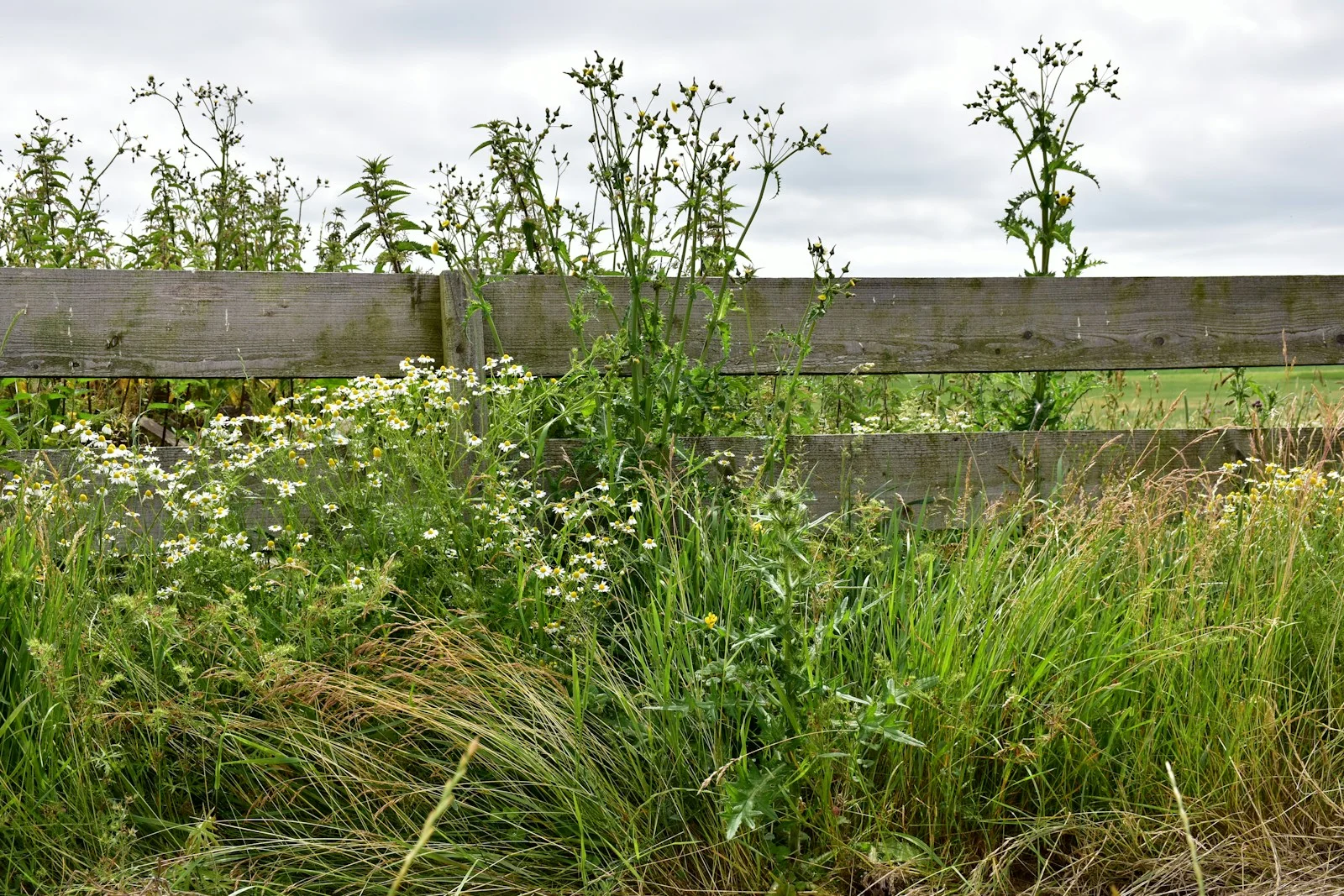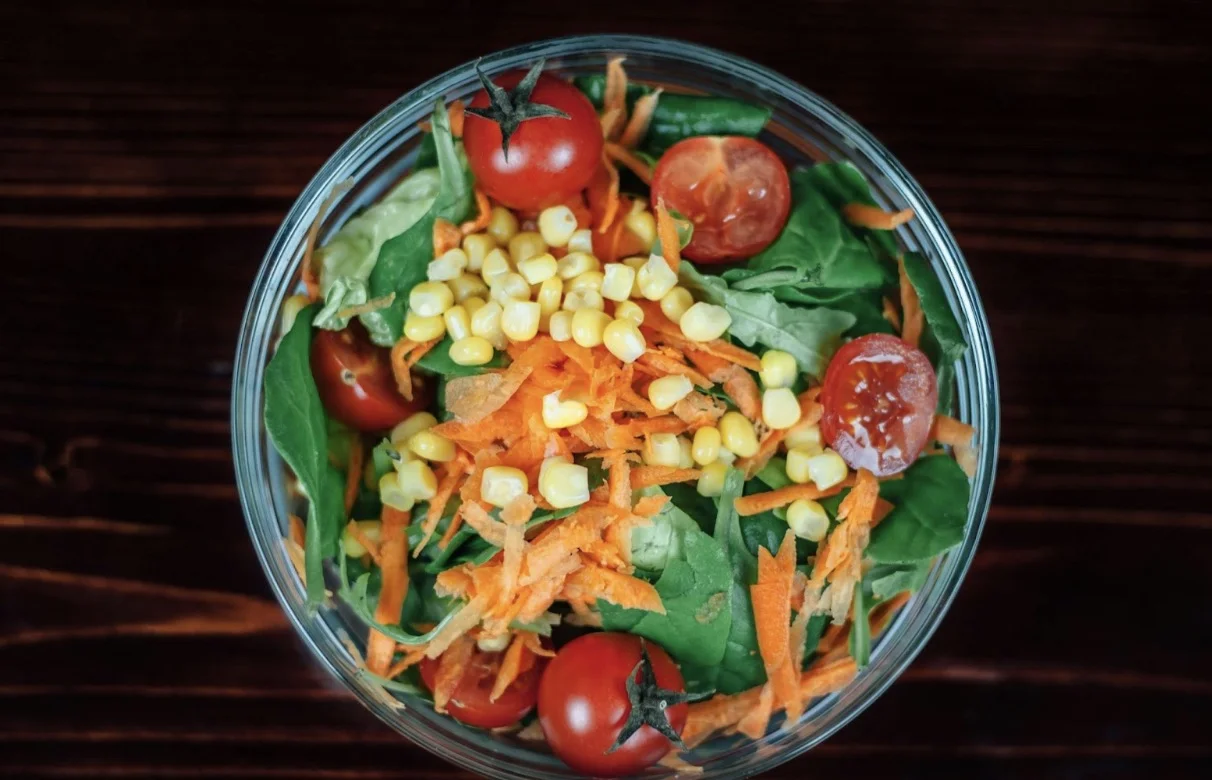As the climate crisis worsens, many of us are looking for ways to reduce and offset our carbon footprint. Fortunately, there is no shortage of ways to reduce the impact we have on the environment. Having an eco-friendly, sustainable home is probably one of the best ways to balance your emissions. It’s also more straightforward than most people would imagine.
Here are the best ways you can make your home an eco-friendly paradise.
Choose Eco-Friendly Household Products
There is a growing market for eco-friendly products worldwide. Many plastic everyday household items are still unrecyclable, meaning that they will go to landfill. Things like toothbrushes, sponges and plastic shopping bags can take tens or even hundreds of years to decompose.
Fortunately, the eco market is there to help if you want to make the switch from plastic. You can find bamboo toothbrushes, compostable sponges, laundry bags that catch microplastic fibres and so much more. You can do this gradually as things wear out around your kitchen if making the move all at once sounds a bit daunting.
Insulate Your Home
Having your home properly insulated will help you to reduce your overall energy usage. House insulation keeps the heat in during the colder months and keeps your home cooler during summer. If you notice that the snow or frost on your roof is melting quickly during the colder months, this could indicate that you have poor insulation.
Inadequate insulation allows your home’s heat to escape through the roof, which will mean you have to use more energy to heat your home. This has the dual impact of costing you more in terms of bills and using more energy than you need.
Having proper insulation installed means that you will use less energy cooling and heating your home, saving you money in the long run while reducing your carbon emissions.
Keep Your Drains Working Efficiently
Water wastage is one area that many people forget about when trying to offset their impact on the planet. You should have a routine of drain maintenance which aims to prevent any cracks or blockages that can cause inefficiency and water wastage.
It is a good idea to have your drains regularly checked out by a professional, particularly if you suspect there is an issue with your drains. Draindetectives.co.uk are based in London and have the expertise and knowledge to help you keep your drains in tip-top condition. Proper maintenance from a professional company is invaluable for ensuring that your water usage is sustainable.
Solar Panels
Solar panels are a great way to make your home sustainable. While they can be costly to install, the money saved on electricity bills will make the expense worthwhile.
Solar panels work by converting sunlight into electricity. This works even on overcast days, though the sunnier the day, the more electricity will be generated.
Test Out Eco-Friendly Beauty Products
The green beauty industry is innovating and advancing at a significant pace. You can get everything your beauty routine requires in eco form nowadays.
You could try out bamboo makeup brushes and reusable makeup removing pads to eliminate plastic from your daily makeup routine. There is also a wealth of ethically sourced, green makeup out there to choose from.
You could also try out a shampoo and conditioner bar set. This is a zero-waste form of hair care that works like soap but is used on your hair. Many people have seen some excellent results using solid shampoo and conditioner. As they arrive in a cardboard container, with many companies planting trees or taking other measures to offset delivery emissions, this is an excellent way to have guilt-free, luxurious showers.
Try Composting
Composting is a great way to prevent any degradable items from ending up in the landfill. Essentially this involves you adding leftover food that is no longer edible to a compost heap in your garden. This should include vegetables, peelings, rice, pasta and any garden waste. You should avoid using meat and dairy products as these may attract pests.
Set up a composting heap wherever you have space in the garden. Many people prefer to set up their compost heap where it will be in the shade, but this is down to personal preference. Investing in a composting bin is a great way to keep your garden looking tidy.
There are some great online resources for anyone who is considering composting. It is a reasonably involved practice, but the combination of eliminating waste and the nutrient-rich compost you will end up with is well worth the effort.
Cook More Vegan Meals
The meat industry is responsible for a considerable amount of pollution. Reducing the amount of meat you eat can drastically reduce your overall carbon footprint. Eating less meat will ultimately lower the amount of meat produced, as demand for meat products wanes.
This doesn’t mean that you have to give up meat forever – though you can if you want to. Even just dedicating a handful of meals per week to being free of animal products can make a difference.
Shop Vintage
If you have a wedding or special event coming up, it can be tempting to splurge on a new dress or suit. Buying vintage clothing is a brilliant way to reduce waste while staying on point in terms of fashion.
The trend for fast fashion is another major pollutant. You can reduce your impact in terms of clothing by swapping or selling clothes to other people. This can be in the form of car boot sales, specialist online shops or amongst friends. Donating to and visiting charity shops are other great ways to reduce fashion waste.
Ditch The Car – Or Go Electric
Cars are a significant source of pollution among individuals. With many people working from home thanks to the coronavirus pandemic now might be the perfect time to get rid of your car. Alternatives like cycling or walking to shops and work are great for the environment and your health.
If having no car is not a practical consideration, you could consider investing in an electric vehicle. This is an excellent way to combine the practicality of car ownership with green responsibility.
Even making a goal to drive a diesel or petrol car less can do wonders for reducing your carbon footprint. Taking public transport where possible and safe, and carpooling can be great alternatives to driving. While avoiding carpooling and public transport due to the coronavirus pandemic is sensible, you could consider doing more to reduce the amount you drive once the pandemic has subsided.
Grow Your Own Herbs And Veggies
Starting a vegetable patch is a great way to source your own produce, cutting out the emissions from transporting vegetables to the supermarket. This is known as the ‘food miles’ or the distance your food has travelled to reach your plate. Any food you grow at home will, therefore, reduce the total of your food miles.
Having a variety of plants in your garden will also help to absorb carbon dioxide. Every little helps when it comes to reducing our carbon footprint, so even adding just one extra bit of greenery to your garden will contribute to healing the planet.






